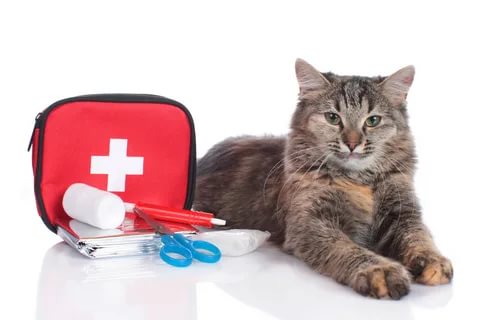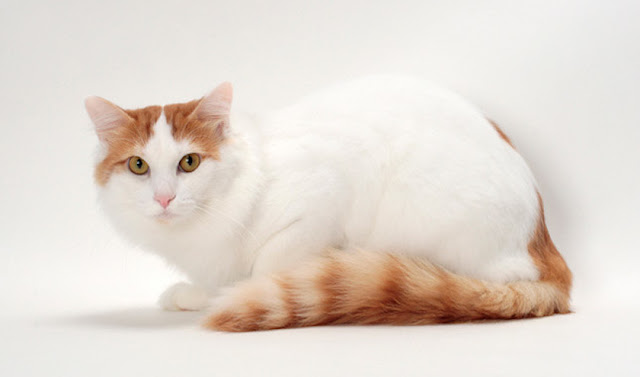Felines love their proprietors similarly as, study finds
For reasons unknown, this thought canines are warm and cherishing and felines are cold – yet heaps of feline proprietor realize this basically isn't accurate. Felines are sweet creatures who love to nestle up with their proprietors – and research has demonstrated that felines really structure passionate securities with their proprietors as canines do. The new investigation has discovered that felines really show a similar principle connection styles as canines and children. Most felines and little cats demonstrated a 'safe connection' with people and were similarly as inspired by their proprietors as their environmental factors.
Felines love their proprietors similarly as, study discovers Comment Hattie GladwellMonday 23 JAN 2021 20:15 pm Share this article by means of facebookShare this article through twitterShare this article by means of courier 10.1k SHARES Cats are adoring creatures (Picture: Getty) For some explanation, this thought canines are warm and cherishing and felines are cold – however heaps of feline proprietor realize this just isn't accurate. Felines are sweet creatures who love to snuggle up with their proprietors – and research has demonstrated that felines really structure enthusiastic securities with their proprietors as canines do. The new investigation has discovered that felines really show a similar principle connection styles as canines and infants. Most felines and little cats demonstrated a 'safe connection' with people and were similarly as intrigued by their proprietors as their environmental factors. Just a minority of cats satisfied their notorieties by staying away from their proprietors and giving indications of stress, for example, jerking their tails and licking their lips. Study lead creator Dr Kristyn Vitale, of Oregon State University in the United States, stated: 'Felines that are uncertain can probably run and stow away or appear to act detached. 'There's for quite some time been a one-sided perspective that all felines act thusly. 'However, most of felines utilize their proprietor as a wellspring of security. Your feline is relying upon you to have a sense of safety when they are worried.' For the investigation, specialists had felines partake in a 'safe base test' – like those used to examine infant and canine connection practices. The test is separated into three two-minute stages. In the main, the feline is put in another stay with their proprietor, trailed by a spell alone, prior to being brought together. After the parental figure gets back from the two-minute nonappearance, felines with secure connection to the individual are less focused. They keep on investigating the room yet focus on the proprietor. Be that as it may, felines with an unreliable connection give indications of stress and either avoid their guardian or stick to them 'conflictedly' by sitting without moving in their lap. The US analysts tried the two cats and grown-up felines. Conduct specialists watched chronicles of the tests and characterized the catlike activities with comparative models used to survey newborn children and canines. Of the 70 little cats tried, very nearly 66% were 'safely joined' with the rest of as 'unreliably connected.' The analysts at that point enlisted the cats in a six-week 'socialization' instructional class to see they could be educated connection. The extent of safely and shakily joined felines didn't move.






Post a Comment